University of California San Francisco
-
-
UCSF Brings COVID-19 Testing to San Francisco’s Bayview, Sunnydale and Visitacion Valley
UCSF epidemiologists and infectious disease specialists are partnering with several community organizations and the San Francisco Department of Public Health to offer comprehensive, voluntary COVID-19 testing to residents of the Bayview, Sunnydale and Visitacion Valley.
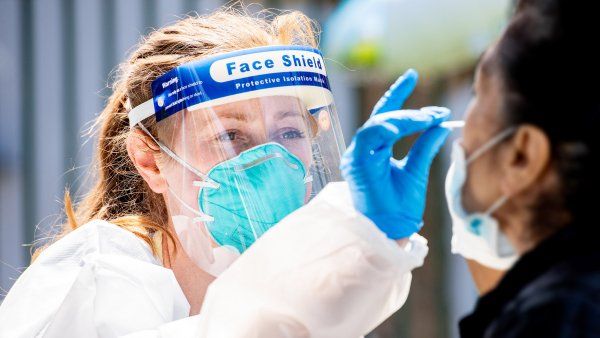
-
UCSF Stroke Center Earns Highest Level of Certification for Complex Care
The designation is the highest and most demanding certification awarded to hospitals that can treat the most complex stroke cases.
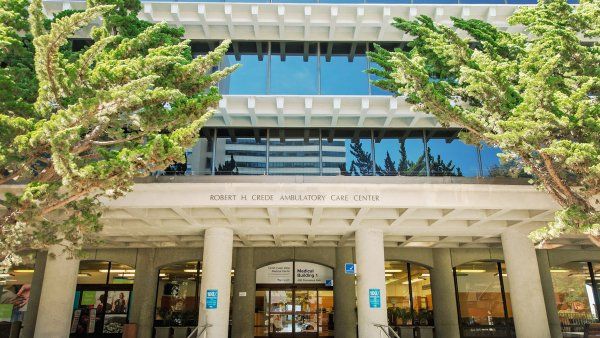
-
Pain Researcher David Julius Wins 2020 Kavli Prize in Neuroscience
Julius has used chili peppers, menthol, wasabi, and spider venom to research the molecular machines that allow us to feel heat, cold, inflammation and related physical sensations.
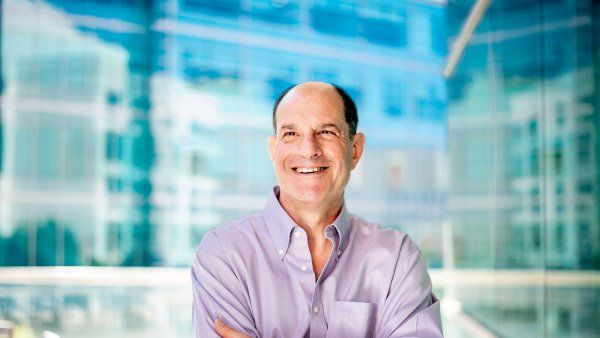
-
2020 UCSF Campaign Alumni Awards Honor Accomplished Alumni, Up-and-Coming Leaders
The Alumni Association of UC San Francisco has named 15 winners of the 2020 UCSF Campaign Alumni Awards.

-
How a Key Protein Juggles Multiple Demands to Keep Neurons Firing
UCSF researchers have become to the first to solve the structure of a hard-working protein that helps reload neurons for repeated firing.
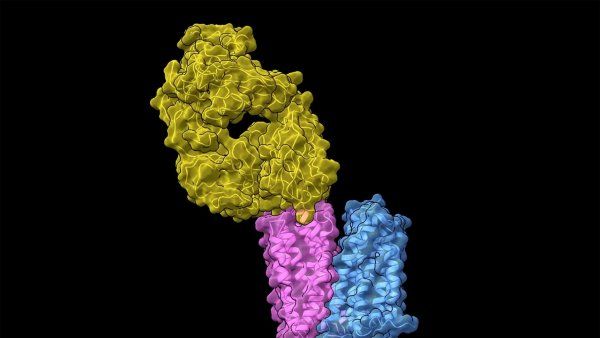
-
2020 Founders Day Awards Celebrate Commitment to Public, University Service
The 2020 UCSF Founders Day Awards honored 13 faculty and staff for their service to UCSF, their public service, and excellence in nursing.
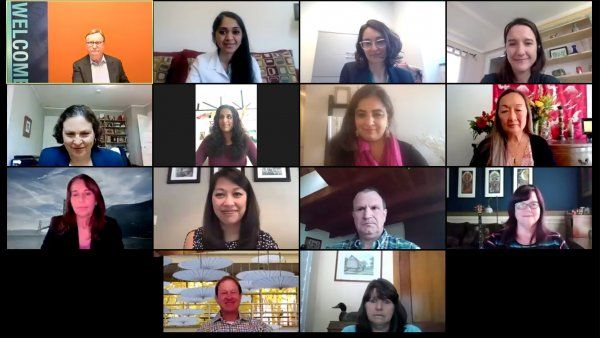
-
David Erle Named Inaugural Director of CoLabs
David Erle has been appointed as the director of CoLabs, a next-generation research hub based at the Parnassus Heights campus.
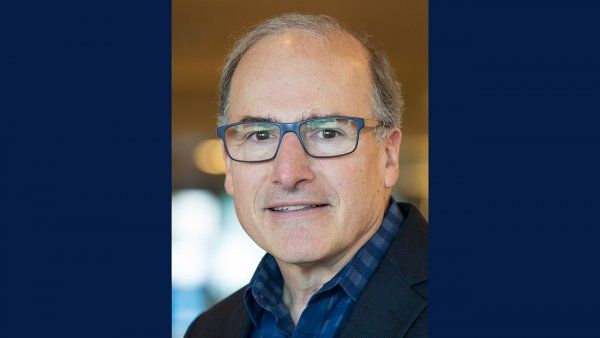
-
How Nursing Students Are Working to Stop COVID-19 In Its Tracks
In the wake of the COVID-19 pandemic, UCSF School of Nursing students are answering the call to provide vital care to vulnerable communities affected by the coronavirus.
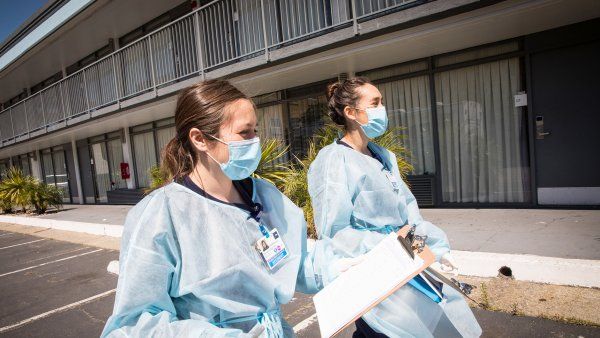
-
UCSF Celebrates 2020 Commencements Amid COVID-19 Pandemic
UCSF's Class of 2020 has a lot to celebrate. After years of hard work, sacrifice, and dedication to the mission of advancing health worldwide, nearly 1,000 graduates have earned their degrees this year.
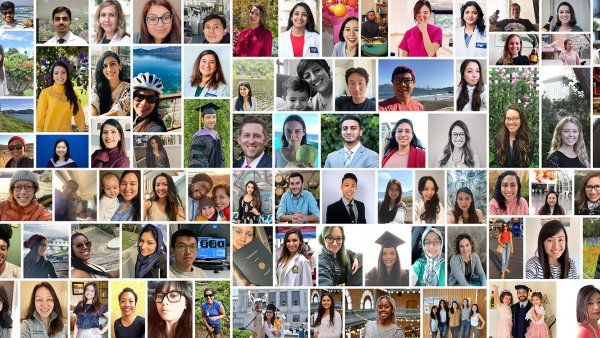
-
When Teen Boys Use Supplements
-
UCSF Sends Second Wave of Health Workers to Navajo Nation
As cases of COVID-19 continue to mount in Navajo Nation, UC San Francisco is sending a second team of health care workers — 13 nurses and six physicians — to Arizona to help provide urgently needed support to the largest hospitals serving Navajo patients.
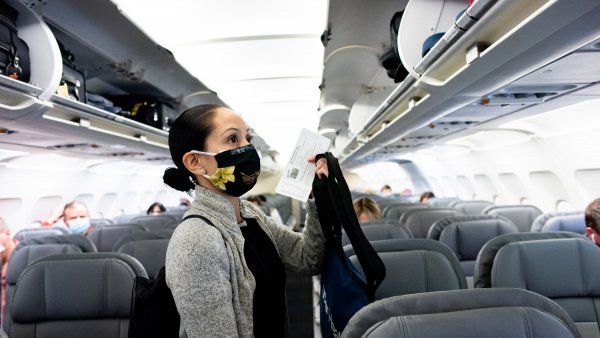
-
Is Risk of Coronavirus Transmission Lower Outside? What to Know Before Going Outdoors
-
UCSF Class of 2020 Reflects on Experiences, Graduating During COVID-19 Pandemic
For the UCSF class of 2020, the usual joy and excitement of graduation is mixed with unusual uncertainty. As we celebrate the #UCSFgrads of 2020, we asked them to share how they’re feeling at this moment, in their own words.
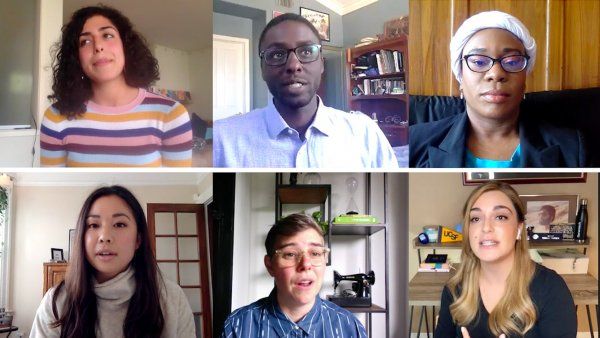
-
Why Has Coronavirus Taken Such a Toll on SF's Asian American Community? Experts Perplexed Over High Death Rate
-
Ketogenic Diets Alter Gut Microbiome in Humans, Mice
Ketogenic diets have a dramatic impact on the microbes residing in the human gut, collectively referred to as the microbiome, according to a new UCSF study.

-
Coronavirus Facts: Doctor Answers FAQs About COVID-19, Vaccine Timeline, Hydroxychloroquine
-
Fewer Traffic Accidents During COVID-19 Means Longer Waits for Organ Donations
-
President Napolitano Announces Systemwide Pay Freeze for Policy-Covered Employees
UC President Janet Napolitano issued a letter about the response to the significant financial impacts of the coronavirus pandemic on UC and the ongoing budgetary uncertainties.

-
Preschools and Childcare Might Reopen Soon. Should You Send Your Kid?
-
What Parents Should Know as States Reopen
-
Coronavirus May Change Patient Appointments to Videoconference Permanently
A new study from UCSF Benioff Children’s Hospitals suggests that for some hospitals, video visits may become a permanent feature of the patient-provider landscape.

-
Coronavirus Crisis Shows Need for Scientists to be Social Media Influencers
-
Antiviral Drug Remdesivir Can Help Fight the Coronavirus, But Can Patients Get It?
Amid so little good news, early clinical trial results for the anti-viral drug remdesivir have offered hope. The drug appeared to help patients recover faster, from 15 days to 11 days. But the newest obstacle may be the uncertainty that surrounds how the drug will be distributed to patients.

-
How UCSF Is Training 10,000 New Pandemic Detectives to Fight the Coronavirus
-
Microbiome Therapy Protects Against Recurrent Bacterial Vaginosis
A product containing healthy vaginal bacteria has proved effective against recurrent bacterial vaginosis (BV), an extremely common vaginal infection that is associated with preterm birth, HIV infection and problems with in vitro fertilization.
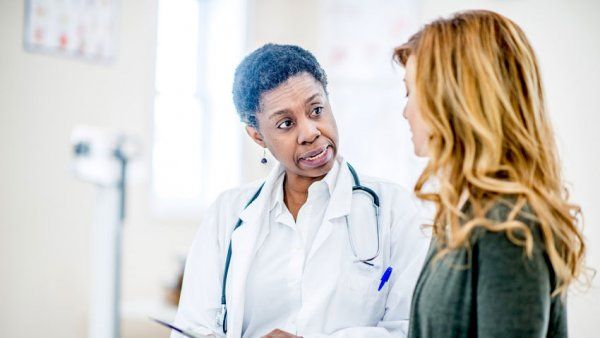
-
Pricey Protocol Not Proven to Prevent or Reverse Alzheimer’s, Says UCSF Neurologist
The “Bredesen protocol” has reeled in patients and their families seeking hope outside of the physician’s office for a disease that is currently incurable, according to a UCSF cognitive neurologist.
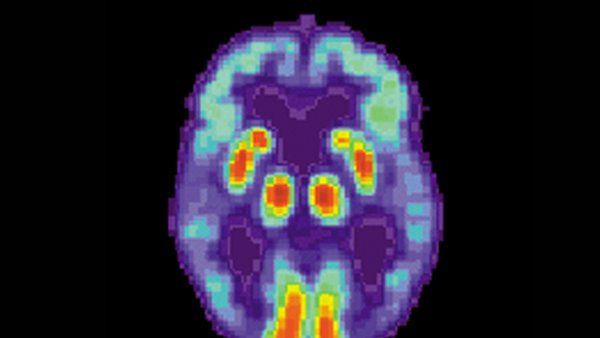
-
Smoking Nearly Doubles the Rate of COVID-19 Progression
Smoking significantly worsens COVID-19, according to a new analysis by UCSF of the association between smoking and progression of the infectious disease.

-
‘When Is It Going to Stop?’: UCSF Team Combats Coronavirus Surge in Navajo Nation
-
Can You Catch Coronavirus Swimming? What About 5G? Debunking Bizarre Myths
